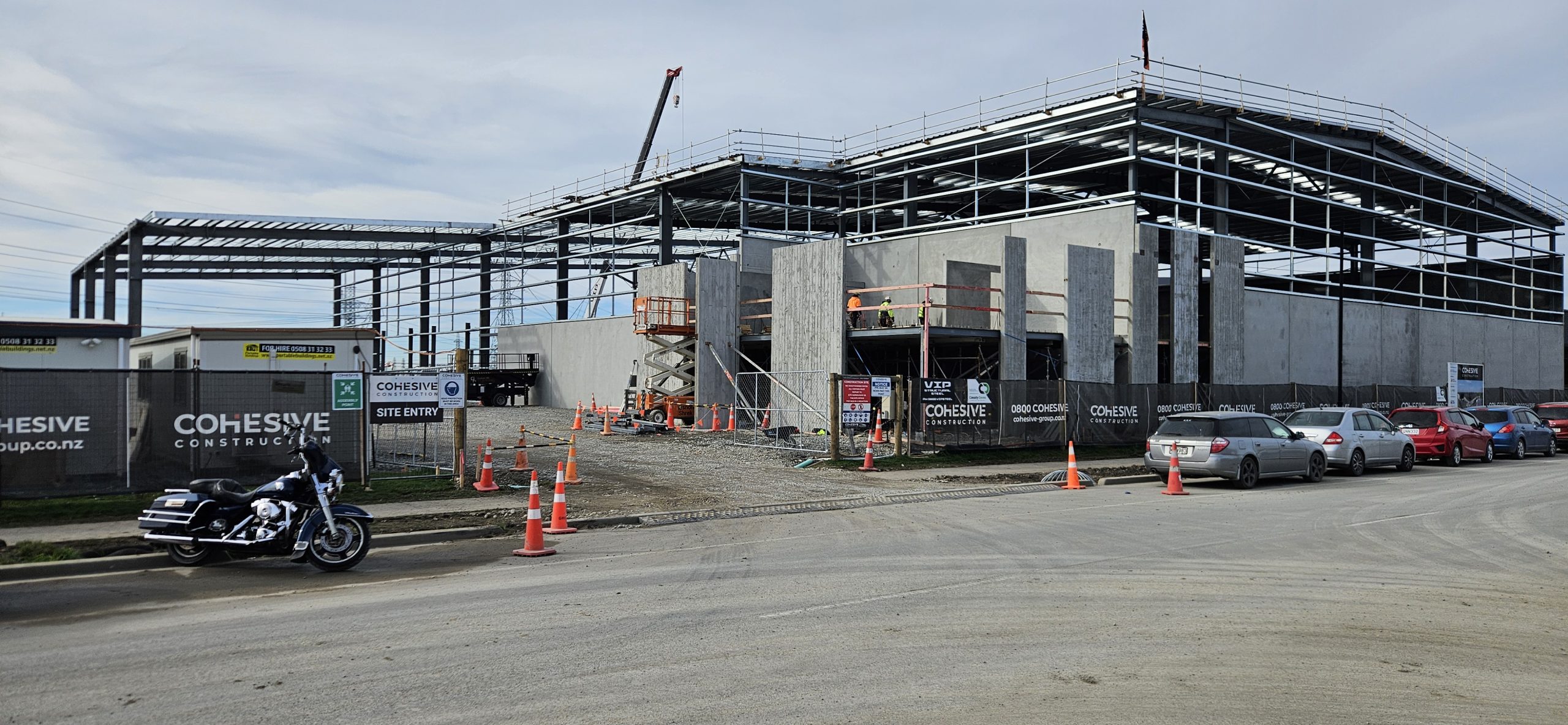Through lockdown and quarantine orders seen over the past year, we have experienced high rates of commercial and industrial real estate vacancy here in New Zealand, echoing similar situations seen elsewhere overseas. It is no surprise that businesses continue to feel the pressure of the ensuing global recession.
While Covid continues to cause disruption across the world, the impact on the value and vacancy of industrial property here locally has been lessened. We’ve still felt the bite; industrial vacancy rates rocketed up from historic lows in both Auckland and Wellington over the course of 2020 – up from 1.7% to 2.1% in Auckland, and in Wellington, vacancy reached 2.4% in November 2020 up from 0.9% a year earlier.
Mitigating factors
These numbers aren’t as bad as they could have been, for several reasons. For example, although some manufacturing and logistics organisations were classified as essential services – so many of these businesses continued to operate and trade throughout the lockdown period (or periods, plural, in the case of Auckland). For others, demand for services such as storage and distribution increased over the same period. Following the first two quarters of last year, it was further helped by the fact that the New Zealand economy bounced back stronger than expected.
This economic rebound, the growth in e-commerce, a booming construction sector and the prospect of large-scale government spending on infrastructure is all also fuelling tenant demand for industrial workspace.
High levels of development activity have also elevated the demand for industrially zoned land which, in many centres across New Zealand, is still in short supply. This has all resulted in further upward pressure on land values, particularly within established areas. Steps taken by both the New Zealand government and Reserve Bank to stimulate the economy have cemented in place low interest rates for what is expected to be an extended period of time. This has stimulated investment interest in industrial property, perceived to be a relatively safe bet in a still-volatile global economy. Low interest rates have also meant that in some cases, borrowing costs have dropped below rental costs, so some occupiers are looking to purchase their own premises.
Surveys indicate confidence
The latest Colliers investor sentiment survey has found that investor confidence across New Zealand was a net positive 45% (optimists minus pessimists). The Auckland market generated the most positive sentiment: 54% of investors expecting both rental and capital values to climb, with Wellington a similar net positive of 49%. With both the current and predicted market conditions, we are likely to see this increase even further throughout the remainder of 2021.
According to CBRE’s latest Asia-Pacific Investor Intentions Survey, confidence in commercial real estate is rising across the Asia-Pacific region, more generally. They predict a 5-10% increase in investment volumes in 2021, broadly attributed to improvement in market sentiment and resurging consumer confidence. The survey found that 60% of commercial property investors across the Asia-Pacific region intend to purchase more real estate in 2021 – the highest level seen since 2016. The combination of all these indicators suggests that investors believe that the pandemic will not continue to have a detrimental impact on industrial real estate demand, value or vacancy. Working as part of a humming New Zealand economy, we are looking forward to getting the world back on its feet.


